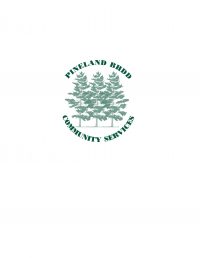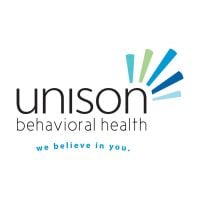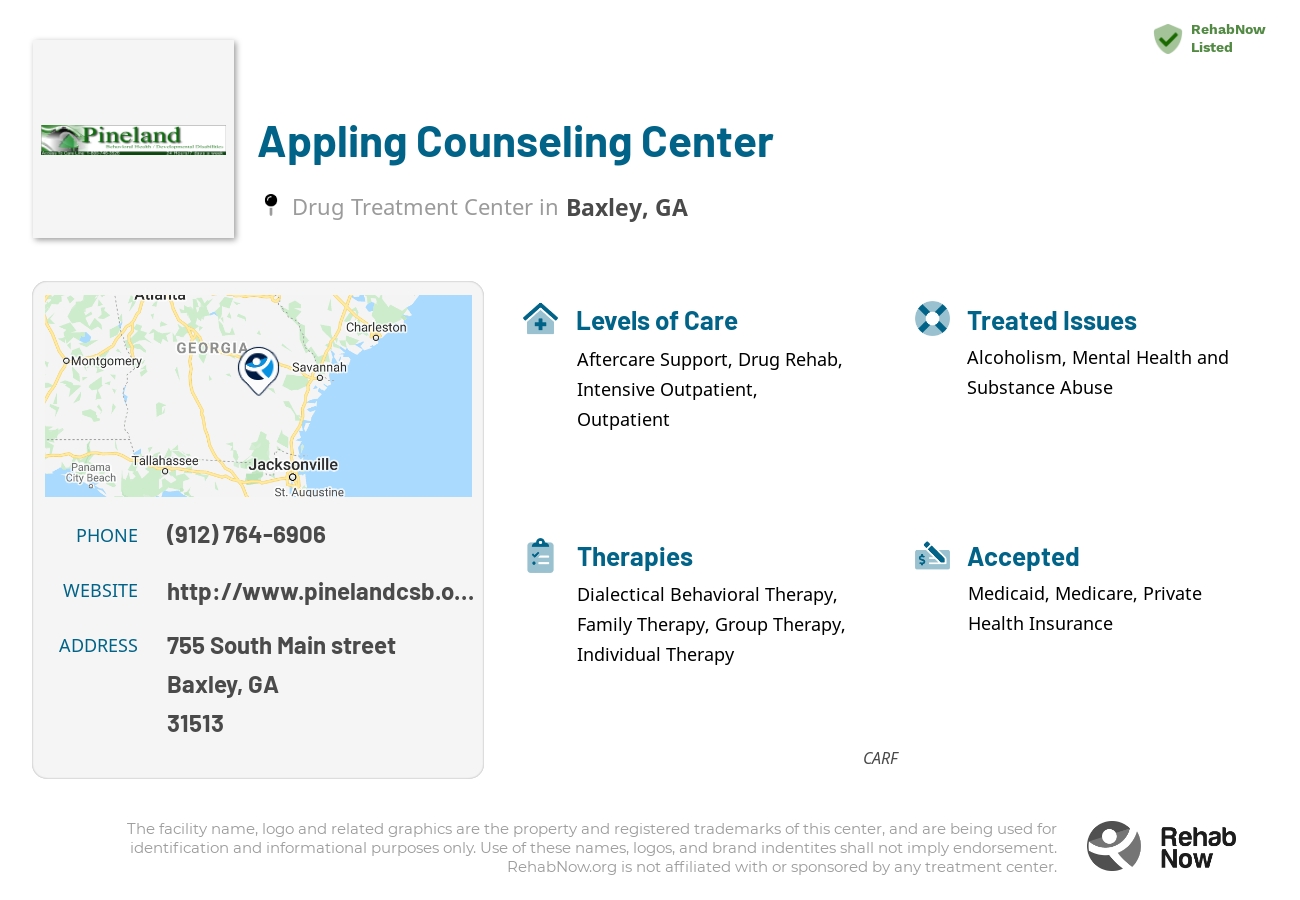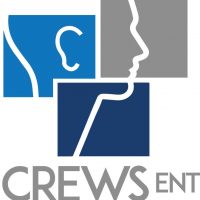
Appling Counseling Center
Drug Rehab Center in Baxley, Georgia
- Dual Diagnosis
- Drug Addiction
- Alcoholism
Appling Counseling Center in Baxley, Georgia is an addiction treatment facility offering a range of services, including aftercare support, drug rehab, detox, and inpatient care, to help individuals suffering from alcoholism, dual diagnosis, drug addiction, and opioid addiction.
About Appling Counseling Center in Georgia
Appling Counseling Center in Baxley, GA, stands as a beacon of hope for individuals grappling with addiction, offering a comprehensive approach to recovery. As a public, not-for-profit organization, it uniquely caters to a wide demographic, including children, adolescents, adults, and seniors affected by mental illness, developmental disabilities, and addiction challenges. Its mission and offerings embody a commitment to fostering full and productive lives.
Accredited by CARF and SAMHSA, Appling Counseling Center is distinguished by its adherence to high standards of care. This assurance of quality, combined with a spectrum of services from detox to inpatient care, positions it as a pivotal resource for those in the throes of addiction seeking a path to sobriety.
- Comprehensive Care for Diverse Needs: From children to seniors, the center offers tailored programs addressing the unique challenges of each age group.
- Dual Diagnosis Expertise: Specialized care for individuals facing both addiction and mental health challenges underscores the center's holistic approach.
- Accredited and Recognized: CARF and SAMHSA accreditations highlight the center's commitment to maintaining superior care standards.
Specializing in the treatment of alcoholism, dual diagnosis, drug, and opioid addiction, Appling Counseling Center employs a variety of treatment methods. These include medically assisted detox, intensive outpatient and inpatient programs, and aftercare support, ensuring a thorough and compassionate journey towards recovery and a healthier, substance-free life.
Genders
Ages
Modality
Additional
Accreditations
SAMHSA

CARF
The Commission on Accreditation of Rehabilitation Facilities (CARF) is a non-profit organization that specifically accredits rehab organizations. Founded in 1966, CARF's, mission is to help service providers like rehab facilities maintain high standards of care.
Conditions and Issues Treated
Levels of Care Offered
This center offers a variety of custom treatment tailored to individual recovery. Currently available are Aftercare Support, Drug Rehab, Intensive Outpatient, Outpatient, with additional therapies available as listed below.
Intensive outpatient treatment is a type of comprehensive addiction care. Unlike conventional residential treatment programs, the patients live at home during the recovery process. This means that one can continue working and caring for their families. These also allow people to keep pursuing their studies while also working on their sobriety.
Outpatient treatment can help one transition to normal life from the round-the-clock supervision and treatment available during inpatient treatment. It is an excellent tool to ensure long-term recovery. However, it is essential to note that intensive outpatient treatment in itself does not remove patients from the real-world setting. This means there’s always a higher risk of coming across environmental triggers. To further prevent relapse, an outpatient treatment center should be able to provide ongoing support services.
Once the patient is enrolled in an intensive outpatient treatment program, they will be expected to attend therapy and group meetings daily for a stipulated period. The frequency and duration of each session will depend on the patient’s needs and level of addiction. This can help curb the habit and deal with underlying issues that led to it. Most of these professional treatments are designed to allow patients to structure their daily schedules in a way that is conducive to recovery.
“Outpatient treatment is ideal for those who have a lower intensity addiction. It’s also suitable for those with a supportive environment and those on a tight budget.
Outpatient treatment can be considered the lowest intensity level of addiction treatment. It is ideal for early phase addiction or lower intensity addictions. It may involve weekly sessions instead of daily. Peer group support, 12-step programs, and individual counseling may still be used and anti-addiction medication.
Aftercare support is vital to those who have completed a drug or alcohol treatment program. This support comes in individual and family counseling, treatment of psychiatric and other medical conditions, and medications to reduce cravings. It helps recovering addicts adjust to normal day-to-day activities and can last for a year or longer.
The majority of drug and alcohol addicts who receive aftercare treatment do not relapse. It is estimated that without aftercare, the relapse rate will be between 70 to 90 percent for most people. Aftercare is the final stage in addiction recovery, but it will also help maintain sobriety if relapse does occur.
Therapies & Programs
No single treatment works for all addicts; therefore, the goal of treatment and therapy should be to find what works best for each individual. Some people requiring addiction treatment may only need a few weeks of inpatient care. Others will require long-term residential care. Tolerance and withdrawal levels vary from person to person and thus affect the intensity of the treatment needed.
If an individualized approach to treatment and therapy is not offered, addicts may fail to reap benefits from their efforts. Professionals must customize plans according to their patient’s needs, limitations, and strengths. The goal of all forms of addiction treatment should be for addicts to find healthy ways to cope with their addiction and its underlying causes.
The therapies usually include siblings, children, and parents who are involved in their daily lives. These sessions are vital because they address past issues that may have hampered an addict’s or alcoholic’s recovery and provide support at a crucial time!
One of the most critical aspects of family therapy is helping addicts’ loved ones see their situation in a new light. It’s also one of the most challenging things a family can do when a loved one struggles with addiction or alcoholism.
Group therapy is held in a safe, controlled setting where patients can feel comfortable sharing their struggles and gaining perspective through shared conversations. It takes place in a group rather than one on one to prevent feelings of isolation or being unique in their situation while creating an environment for addicts at Appling Counseling Center to develop fellowship, accountability, and support. Group therapy is an important tool in recovery that prevents cravings that prompt a return to active addiction.
Dialectical Behavior Therapy is a form of Cognitive Behavioral Therapy that helps patients understand the relationship between their thoughts, feelings, and behaviors. It is beneficial for those whose addictions and behaviors stem from severe mental health issues. It aims to help the patient achieve their goals and identify how they can enhance their lives.
Payment Options Accepted
For specific insurance or payment methods please contact us.
Is your insurance accepted?
Ask an expert, call (888) 674-0062
Additional Details
Specifics, location, and helpful extra information.
Baxley, Georgia 31513 Phone Number(912) 764-6906 Meta DetailsUpdated April 15, 2024
Staff Verified
Appling Counseling Center Patient Reviews
There are no reviews yet. Be the first one to write one.
Baxley, Georgia Addiction Information
Prescription opioid use has caused a large increase in the total amount of overdoses in Georgia. Almost 12% of the Georgia population uses illicit drugs each year, and slightly over 3.5% also abuses alcohol at the same time. This does not include those who binge-drink at least once a month, which includes 20% of all Georgians.
Treatment in Nearby Cities
- Cairo, GA (125.4 mi.)
- Hiram, GA (202.1 mi.)
- Hamilton, GA (162.6 mi.)
- Doraville, GA (185.2 mi.)
- Augusta, GA (119.6 mi.)
Centers near Appling Counseling Center



The facility name, logo and brand are the property and registered trademarks of Appling Counseling Center, and are being used for identification and informational purposes only. Use of these names, logos and brands shall not imply endorsement. RehabNow.org is not affiliated with or sponsored by Appling Counseling Center.







